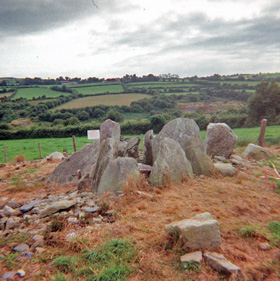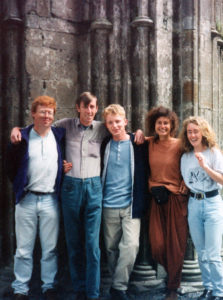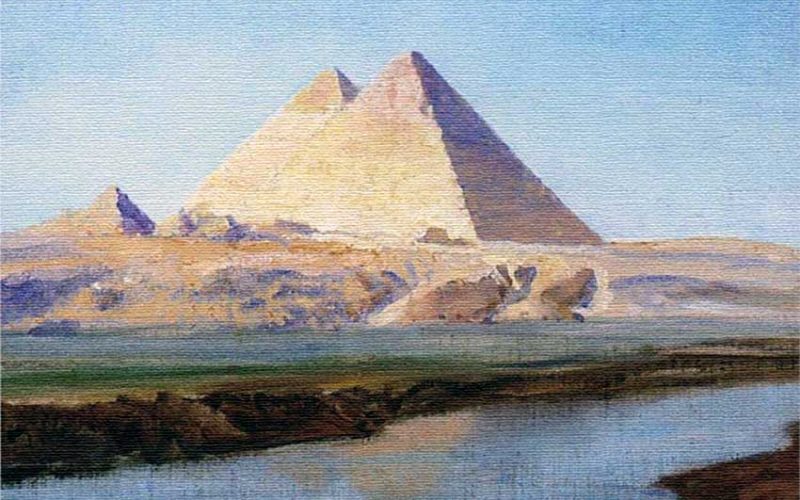Would you like to learn archaeology’s dirty little secrets?
The best place to start is a MOOC.
Almost every major university now offers free Massive Open Online Courses (MOOCs).
The most popular MOOC platforms include Coursera, EdX, and Udacity. Class Central is a MOOC aggregator, basically a huge internet course catalog. It’s a Renaissance Soul’s dream.
And according to the Boston Globe,
…some of the world’s top educators are extolling MOOCs as a phenomenon that could transform the lives of people unable to attend top colleges in person, including young people in Third World villages, American working moms, and restless retirees.
Gigaom speculates that MOOCs might eventually lead to truly affordable, legitimate online degrees. I’m so excited about the possibilities that will open up for later bloomers.
Here are some upcoming MOOCs at Coursera alone:
- Introduction to Art: Concepts & Techniques via Penn State
- Latin American Culture via Tecnológico de Monterrey
- Fantasy and Science Fiction: The Human Mind, Our Modern World via University of Michigan
And the one I’m jazzed about, Archaeology’s Dirty Little Secrets with Professor Sue Alcock of Brown University, whose work I studied in graduate school.
Which brings me to a few reasons why, after this Saturday, I only plan to publish every other week for the next several months (unless I have a guest post).
I’m working on two major projects — the second Later Bloomers book and a memoir of my archaeology days.

As part of my research, I’ve enrolled in Archaeology’s Dirty Little Secrets to catch up on developments in the field. I want to take it seriously, which means studying 4-6 hours a week. If you’ve ever been vaguely curious about archaeology, come MOOC with me.
There’s another reason I’m cutting back. I’ve just been diagnosed with early chronic kidney disease (CKD) and need to marshal my lifestyle.
I’m actually relieved. I’ve felt unwell for some time, but blamed it on a combination of allergies and menopause.
As with Type II diabetes, my lifestyle choices will go far towards slowing CKD down. I can’t control the odds of getting run over by a bus or hit by lightning, but there’s an excellent chance I can keep myself off dialysis. Treatment includes a low-protein diet, so the current “paleo” craze would actually harm my health.

I bring this up to encourage everyone to get those regular physicals, especially before starting a diet. This particularly applies to women. CKD and menopause share symptoms — fatigue, brain fog, itchy skin, insomnia — to name common ones. Not everything can be blamed on “the change.”
James Michener, one of my favorite authors, started writing at age 40 and produced a book almost every year until he finally succumbed to CKD at 90. So there you have it — I truly believe the best is yet to be, for MOOCs and for you and for me!
Here’s Professor Alcock with a 90-second lowdown on Archaeology’s Dirty Little Secrets.
Have you tried any MOOCs yet?
Opening Image: The Great Pyramids of Cheops and Chephren by Vasily Polenov (1899)
